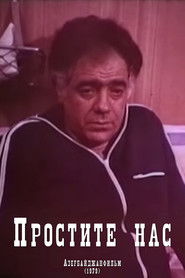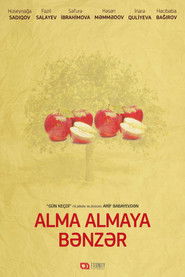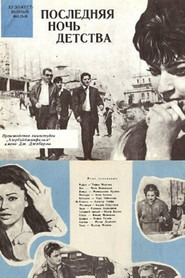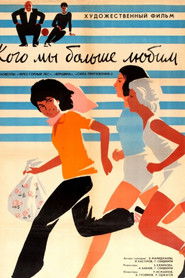
Arif Babayev
Director
Arif Hadji oglu Babayev (Azerbaijani: Arif Hacı oğlu Babayev) was an Azerbaijani film director and Honorary Art Worker of the Azerbaijan SSR.
Arif Babayev was born on September 20, 1928 in Baku. The Babayevs family lived on Qala Street, in Ichari Shahar. As a child, Arif attended theatrical circles. His engagement in theatre led him to apply to study in a theatrical school. Until then he played walk-on parts in the plays "Malikmammad", "Garaja giz" and "Ibrat". In 1946, the Azerbaijan State Theatrical Institute was created on the basis of the theatrical school. Arif Babayev was admitted into the directing program and was taught by director and actor Mehdi Mammadov. Mehdi Mammadov entrusted Mayor's role from N.V.Gogol's The Government Inspector to Arif Babayev. In 1953, Arif Babayev graduated from the institute and was placed to work at the Nakhchivan State Theater. In this theatre, he staged Gogol's play Marriage. He returned to Baku after some time and began working as a stage director at the Theater of Young Spectators.
On February 14, 1956, the first program went on air of the Azerbaijani Television. Arif Babayev was invited to work on television. In 1956, he shot his first documentary film Children of our City, marking the birth of television film in Azerbaijan. In 1959, he was appointed the chief director of the Azerbaijani Television. In these years, he shot a number of documentaries, staged television plays, such as Moabit Diaries by Musa Cälil, Blind Woman by Taras Shevchenko, Law by Rasul Rza, and The Morning by Mehdi Huseyn. In 1964, he became the first television worker in Azerbaijan who was given the title of the Honorary Art Worker. He was invited to Azerbaijanfilm in the same year. In 1964, he debuted as a director with short the film Summit, the first one in the series Whom We Love More, based on original screenplay by Imran Gasimov.
25-09-1928
Birthday
Libra
Zodiac Sign
-
Genres
0
Total Films
Also known as (male)
Baku, Azerbaijan SSR, USSR [now Azerbaijan]
Place of Birth
25-09-1928
Birthday
Libra
Zodiac Sign
-
Genres
0
Total Films
-
Also Known As (male)
Baku, Azerbaijan SSR, USSR [now Azerbaijan]
Place of Birth








